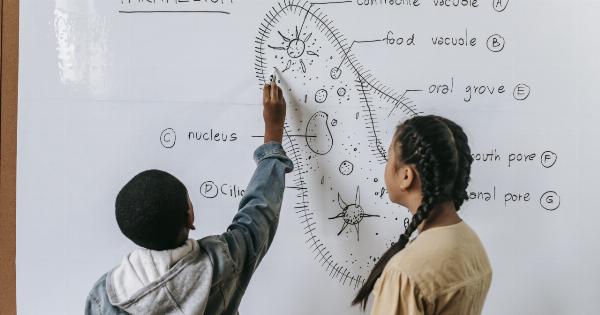Building a habit is not an easy task. It requires consistency, perseverance, and time. Many studies suggest that it takes an average of 66 days for a habit to stick.
However, the exact duration can vary based on several factors, such as the complexity of the habit, individual differences, and the level of commitment. In this article, we will explore the fascinating journey of habit formation and understand how long it may take for a habit to truly become ingrained in our daily lives.
Understanding habit formation
Habits are behaviors that are repeated regularly and tend to occur automatically, often without conscious thought. They are deeply ingrained in our routines, shaping our actions and decisions.
Whether it’s exercising regularly, eating healthily, or practicing mindfulness, habits play a vital role in our overall well-being.
While some habits are beneficial, others can be detrimental to our health and productivity. Breaking old habits or forming new ones requires rewiring our neural pathways and creating new patterns of behavior. This process is known as habit formation.
The journey of habit formation
Contrary to popular belief, forming a habit does not happen overnight. Research conducted by Phillippa Lally at University College London found that, on average, it took participants 66 days to turn a new behavior into a habit.
However, the range varied from 18 to 254 days, depending on the individual and the complexity of the habit.
Habit formation typically consists of three stages:.
1. The initiation phase
In this stage, we consciously decide to incorporate a new behavior into our daily routine. We set specific goals and outline the steps required to achieve them. During this phase, motivation and willpower play crucial roles in sustaining our efforts.
2. The learning phase
As we repeat the behavior consistently, our brain starts forming new neural connections. The learning phase is characterized by trial and error, as we adapt our approach based on the results we observe.
This phase can be challenging, as setbacks may occur, and progress might seem slow.
3. The automatic phase
At this stage, the behavior becomes automatic, requiring less conscious effort. The neural pathways associated with the habit have strengthened, making it easier to execute the behavior without relying on willpower.
This phase is the ultimate goal of habit formation, where the behavior becomes deeply ingrained in our daily lives.
Factors influencing habit formation
The duration it takes for a habit to stick can be influenced by various factors:.
1. Complexity of the habit
The complexity of the habit itself can affect the time it takes to form it. Simple habits, such as drinking a glass of water every morning, may take less time to become automatic compared to complex habits like learning a new language.
2. Individual differences
Each person is unique, and so are their habit formation processes. Some individuals may be more predisposed to developing habits faster, while others might require more time and effort.
Factors such as age, personality traits, and motivation levels can all impact the speed of habit formation.
3. Level of commitment
Commitment and consistency are vital for habit formation. The more dedicated and consistent we are in practicing the behavior, the faster it is likely to become a habit.
Regular reminders, accountability systems, and support from others can enhance commitment levels.
Tips for building habits effectively
While habit formation may require time and patience, the following tips can help expedite the process:.
1. Start small
Breaking down a habit into smaller, manageable steps can make it easier to initiate and sustain. For example, instead of aiming to run for an hour every day, start with a 10-minute jog and gradually increase the duration.
2. Be consistent
Consistency is key in habit formation. Set a specific time and place for the behavior and stick to it. By consistently repeating the action, you reinforce the neural pathways associated with the habit.
3. Track your progress
Use a habit tracker to monitor your progress. Seeing the streak of successful repetitions can be motivating and reinforce your commitment to the habit. Several mobile apps and digital tools are available for habit tracking.
4. Find an accountability partner
Having someone to hold you accountable can significantly increase your chances of success. Share your habit-forming journey with a friend or family member who can provide support, encouragement, and reminders when needed.
5. Be patient and persistent
Remember that habit formation is a process that takes time. Be patient with yourself and embrace some setbacks or slip-ups along the way. Stay persistent and continue to practice the behavior, even if progress seems slow at times.
Conclusion
Forming a habit is no easy feat, but it is undoubtedly achievable with the right mindset and approach.
While it may take an average of 66 days for a habit to stick, the duration can vary based on individual differences, the complexity of the habit, and the level of commitment. Remember that consistency, patience, and persistence are key ingredients to successful habit formation. So, start small, stay consistent, and celebrate each small milestone along the way!.






























